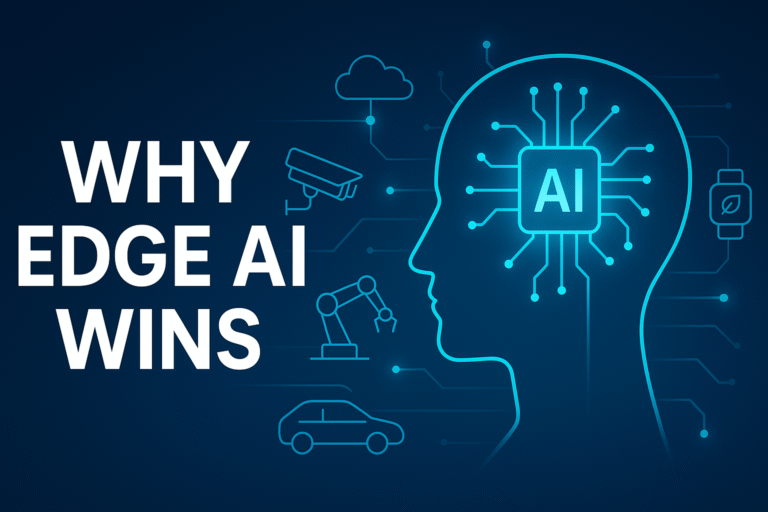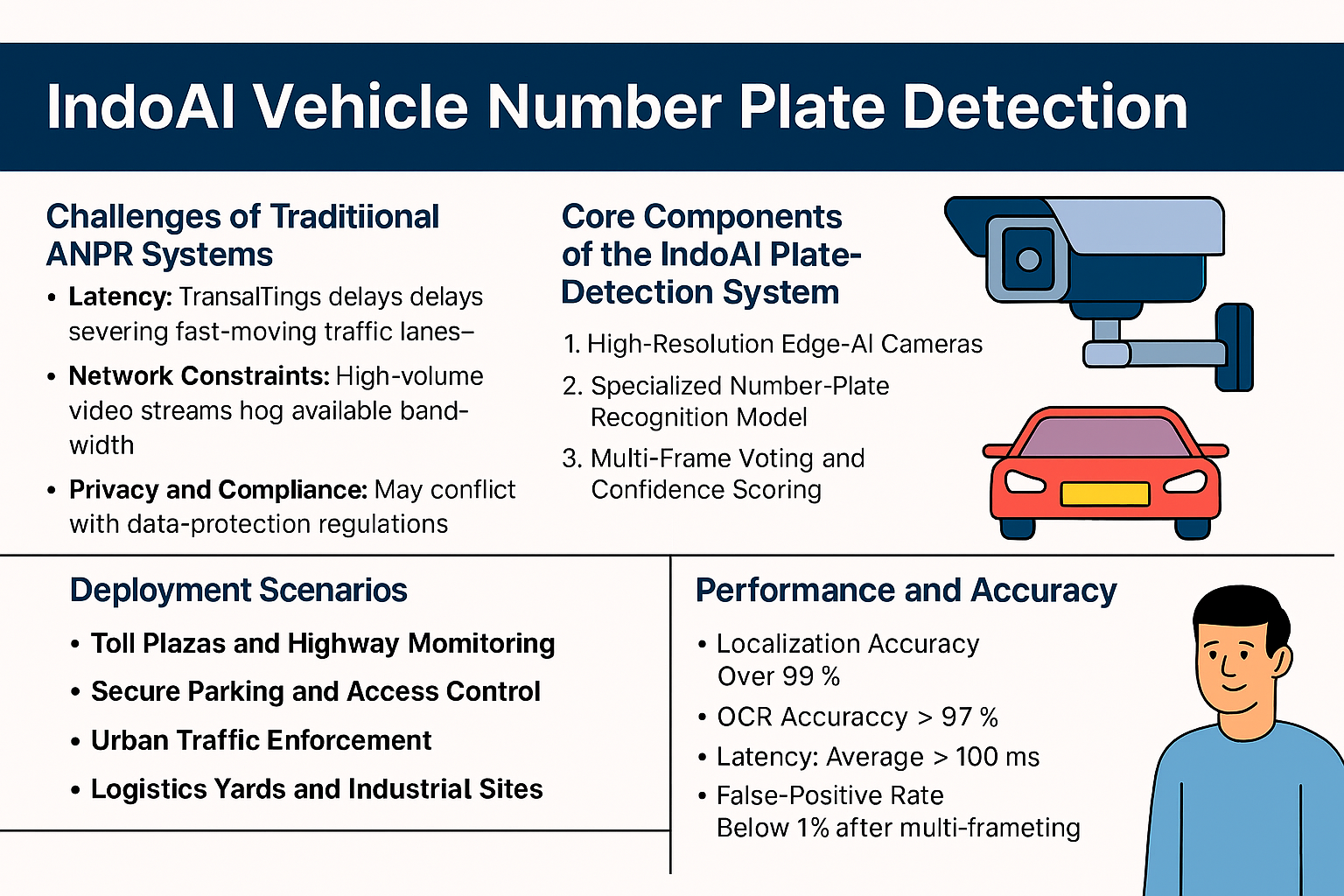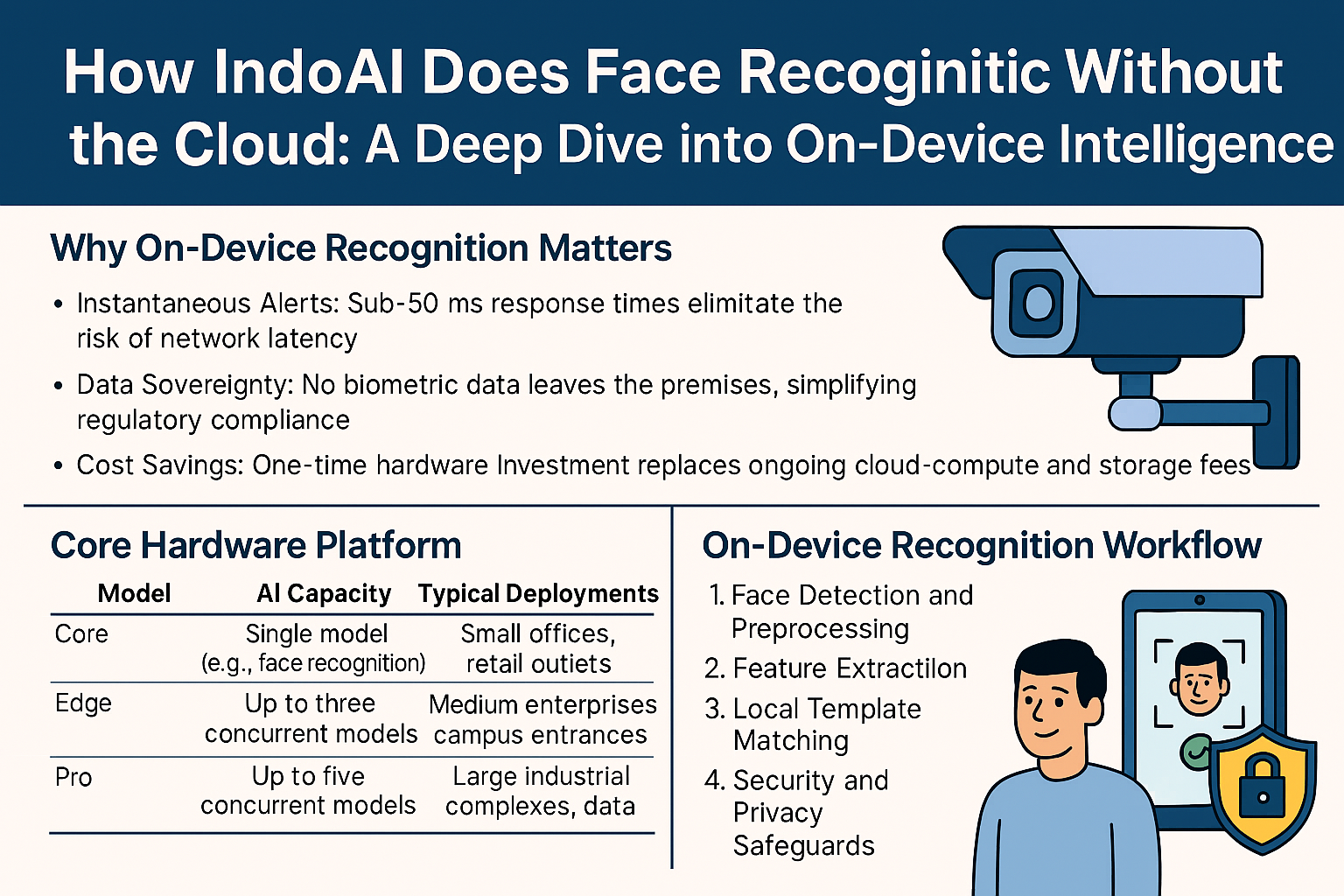
A new competition is brewing in the field of AI tools for productivity. Salesforce and Microsoft, two leading technology companies, are at the center of this battle over the future of AI agents. Salesforce has launched AgentForce, while Microsoft has introduced Copilot Studio, marking a key point in this technological race. With strong statements and a clear plan, Salesforce CEO Marc Benioff has positioned his company directly against Microsoft’s Copilot. This competition is out in open and it is essential to explore the reasons behind it and what it means for the use of AI in our workplaces.
1. Setting the Scene: Salesforce vs. Microsoft in AI Agents
Salesforce recently introduced AgentForce, a new AI agent for the workplace, during the annual Dreamforce event. This launch comes at a key moment, as the market for autonomous AI agents is growing quickly, expected to rise from $5.1 billion in 2024 to $47.1 billion by 2030. With AgentForce, Salesforce aims to establish its position in this expanding market.
Microsoft while not ignoring Salesforce’s moves, they have launched Copilot Studio, which lets users design AI agents customized for business needs. This studio allows the creation of agents that work with Microsoft’s tools, focusing on areas like finance, sales, service and supply chain. According to Jared Spataro, Microsoft’s corporate VP, Copilot has seen a strong adoption rate, with more than 60% of Fortune 500 companies using it.
2. A War of Words — Benioff’s Critique of LLMs and Microsoft’s Copilot
Benioff is sceptic and clear about his views on large language models (LLMs) and is critical of Microsoft’s approach to AI. In a recent episode of the Rapid Response podcast, he called LLM-based AI tools overrated, expressing doubts about their claims to solve big problems like cancer and climate change. He specifically criticized Microsoft for rebranding Copilot as “agents,” saying it shows a desperate need to remain relevant.
On social media, Benioff continued his criticism. After Microsoft’s announcement, he described the rebranding as a sign of panic and labeled Copilot a failure that doesn’t have the necessary enterprise intelligence and security for effective use. With these comments, Benioff isn’t just questioning the technology itself; he is also highlighting that Salesforce, which works closely with 150,000 organizations, is in a better position to offer intelligent, secure and autonomous AI solutions.
3. Why Are AI Agents Such a Big Deal?
AI agents mark an important upgrade from older AI systems. While past AI mostly followed commands, these new agents can work on their own. They learn and adjust, engaging with both other agents and people, and can get tasks done without needing constant supervision. Gartner has pointed out “Agentic AI” as a leading tech trend for 2025. They predict that by 2028, one-third of business software will feature these autonomous AI abilities, enabling AI agents to manage up to 15% of daily business choices.
The impact of AI agents is significant. By taking care of repetitive tasks, such as responding to customer questions and generating reports, they allow workers to focus on more important and creative projects. However, the independence of these systems raises important questions about control, safety, and ethics. With tools like Salesforce’s AgentForce and Microsoft’s Copilot, companies now have two strong options for integrating AI agents into their operations.
4. Salesforce’s Strategy: Leveraging Its Trojan Horse
Salesforce has become an essential part of many businesses, with more than 150,000 organizations using it. AgentForce takes advantage of this large network to add AI agents to the daily tasks of its customers. With its Atlas Reasoning Engine, AgentForce helps automate customer service, qualify leads, and improve marketing campaigns, allowing companies already using Salesforce to shift smoothly to automated operations.
Benioff views this strong connection as a clever way for Salesforce to introduce new technology. By integrating these AI agents into the existing Salesforce system, AgentForce can quietly and effectively bring AI advancements to businesses, causing less disruption than if they were to adopt an entirely new platform.
5. Microsoft’s Counterplay: Copilot as the New ‘App’ for AI
Microsoft is a strong competitor, with 60% of Fortune 500 companies using Microsoft 365 Copilot. The company has a unique strategy. Copilot Studio enables businesses to develop custom AI agents that work within the Microsoft ecosystem, aiding tasks in areas like finance and sales. Microsoft calls these agents a new type of “apps” that integrate into daily work, changing how companies handle data. In reply to Benioff’s criticism, Jared Spataro highlighted that the growing number of users proves Copilot’s success, with daily users recently more than doubling. Instead of responding with conflict, Microsoft allows its user statistics to show the value customers find in Copilot.
6. The Future of AI Agents — A Complementary Role for LLMs and Agents?
Benioff and Microsoft are both responding to the same need in the market: the demand for strong, independent AI systems. The latest developments in AI agents do not make LLMs useless, as LLMs still provide significant benefits in fields like finance and healthcare. Companies such as BlackRock and HCA Healthcare use LLMs for analyzing data, gaining market insights, and managing patient records. Although Benioff criticizes #LLM models for their limitations, it’s important to recognize how both types of technology can work together effectively. With the right management, rules, and security, AI agents and LLMs can both significantly change industries, sometimes even within the same company.
Conclusion: Salesforce and Microsoft in a High-Stakes AI Chess Game
The conflict between Salesforce and Microsoft highlights an important change in the AI industry. By questioning Microsoft’s strategy and sharing his vision for autonomous AI agents, Benioff has positioned Salesforce as a leader in workplace AI. At the same time, Microsoft is advancing with its Copilot Studio, which offers a flexible platform for businesses to create custom AI agents within the Microsoft framework.
It is still unclear who will prevail in this competition of AI agents, but it is clear that both Salesforce and Microsoft are expanding what AI can do in the workplace. As AI agents grow in skill and function, businesses ready to adopt this technology will find new opportunities. In the end, this competition will mainly benefit companies and users, as the race to create smarter AI agents fuels innovation.
Reference:
https://hackernoon.com/why-salesforce-and-microsoft-are-battling-for-the-future-of-ai-agents
https://www.geekwire.com/2024/podcast-salesforce-ceo-marc-benioff-on-ai-agents-microsoft-seattle-tech-and-the-future-of-humanity/




